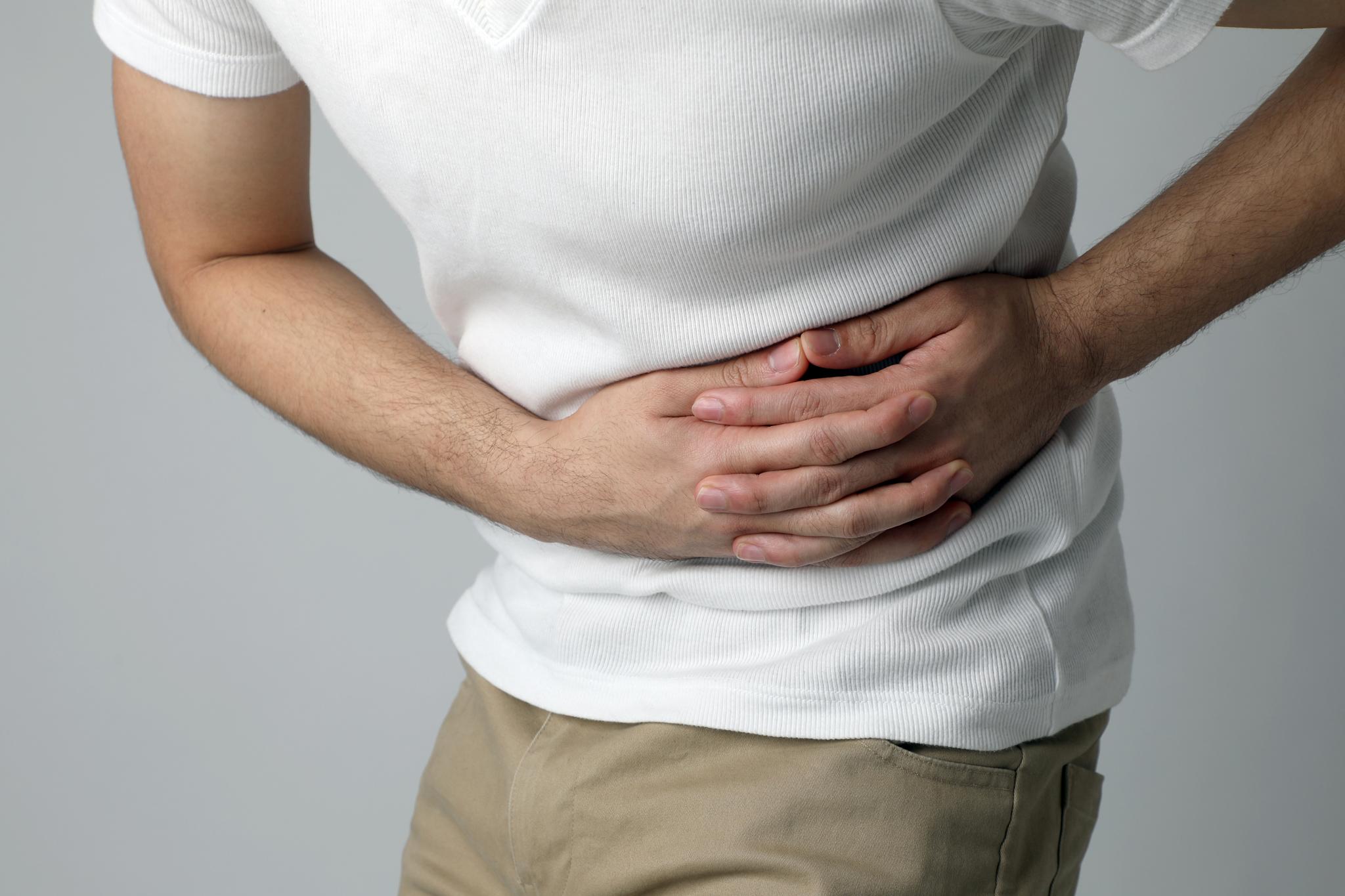Kidney stones: Causes, symptoms, treatment and how to prevent them
Find out how your diet and lifestyle may be giving you kidney stones and what to do about it

Your support helps us to tell the story
From reproductive rights to climate change to Big Tech, The Independent is on the ground when the story is developing. Whether it's investigating the financials of Elon Musk's pro-Trump PAC or producing our latest documentary, 'The A Word', which shines a light on the American women fighting for reproductive rights, we know how important it is to parse out the facts from the messaging.
At such a critical moment in US history, we need reporters on the ground. Your donation allows us to keep sending journalists to speak to both sides of the story.
The Independent is trusted by Americans across the entire political spectrum. And unlike many other quality news outlets, we choose not to lock Americans out of our reporting and analysis with paywalls. We believe quality journalism should be available to everyone, paid for by those who can afford it.
Your support makes all the difference.They are known to be extremely painful to deal with, but few people actually know what kidney stones are.
Kidney stones are so excruciating in fact that they are among 20 of the most painful medical conditions, according to the NHS. The pain can come in the lower back, side, abdomen and groin, as well as the scrotum and testicles for men.
The kidneys remove waste products from the blood, which are then passed out of the body in your urine.
Kidney stones, or the proper medical term nephrolithiasis, are caused when these waste products in the blood form crystals, which build up and become a stone-like lump.
What causes kidney stones
In most cases the build up will be of calcium, which could be because of a variety of non-serious and more severe conditions.
Other chemicals that can build up are ammonia, uric acid and cysteine.
Some evidence points to certain medications increasing the risk of kidney stones, such as aspirin, certain antibiotics and some anti-epileptic medication.
You are also more likely to develop kidney stones if you eat too much protein or too little fibre, are inactive or bed-bound or have other kidney problems.
How to prevent kidney stones
Firstly, it is recommended that you should drink plenty of water every day to stop getting dehydrated, which can help prevent kidney stones.
If your kidney stone is caused by too much calcium, you can eat foods that contain oxalates, which stop calcium from being absorbed by your body.
These foods include fruit and veg, such as beetroot, asparagus, rhubarb, berries, leeks and celery. Fear not though, because chocolate also makes the list.

How they are treated
If it’s too late and the kidney stones have hit, you may need treatment. Most kidney stones are less than 4mm in diameter, which is small enough to be passed out in your urine so can be treated at home.
If you have to wait it to pass, you may be able to get painkillers prescribed by your GP, but if the stones are larger, more serious treatment may be required.
The most common option is extracorporeal shock wave lithotripsy, which uses ultrasound to pinpoint the stone and break it up into smaller pieces with shock waves.
Other, frankly more unpleasant, treatments include open surgery and a ureteroscopy, which involves passing a long, thin telescope up your urethra, which, thankfully, is performed under general anaesthetic.
For more information on everything kidney stones-related, visit the NHS Choices website.
This article was originally published in December 2017
Join our commenting forum
Join thought-provoking conversations, follow other Independent readers and see their replies
Comments